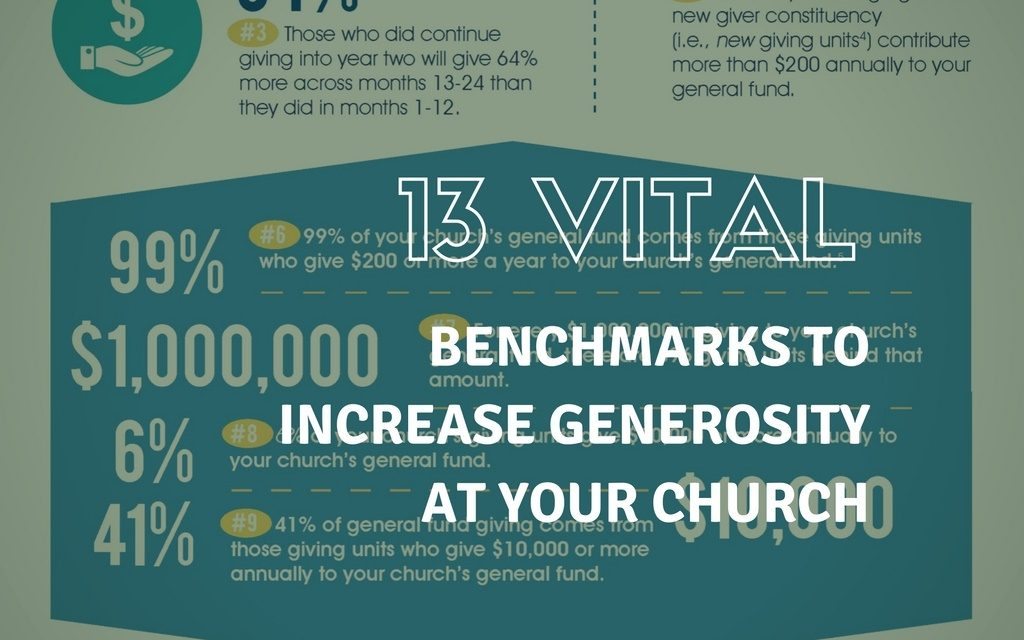The Significance And Historical Context Of Churches In Today's World

Author-Cameron Norton
You could consider churches as just positions for prayer, but their function has progressed significantly over time. They've changed right into neighborhood hubs, resolving numerous social problems and promoting connections amongst participants. As culture modifications, churches encounter distinct difficulties and need to adapt to remain appropriate. What's driving this transformation, and just how do contemporary churches impact today's communities? Exploring these concerns reveals much regarding their enduring relevance.
The Advancement of Churches With Background
As society has advanced, the duty and structure of churches have changed considerably. You could observe that very early churches primarily served as places of worship and area gathering, rooted deeply in custom.
Over time, these organizations adjusted to the changing requirements of their congregations, frequently reflecting social shifts. As an example, the Reformation stimulated a surge in varied religions, each welcoming special beliefs and methods.
Today, lots of churches focus not just on spirituality but likewise on social concerns, involving with contemporary challenges like destitution and inequality. hop over to this web-site shows how churches continue to matter, addressing contemporary problems while keeping their core mission.
Recognizing this trip helps you appreciate the long lasting impact of churches in our lives.
The Duty of Churches in Community Building
Churches play an important duty in developing solid neighborhoods by fostering connections among people and households. They give an inviting room for people to gather, share experiences, and support one another.
By holding occasions like meals, workshops, and volunteer possibilities, churches encourage participation and collaboration amongst participants. You'll find that these events commonly bring about lasting friendships and networks of assistance.
Furthermore, churches typically work as a center for outreach, helping those in need through food drives, therapy, and various social work. They develop a feeling of belonging, advising you that you're part of something larger.
When you engage with your local church, you're not simply going to services; you're proactively adding to a vivid, interconnected neighborhood that thrives on common assistance and empathy.
Obstacles and Adaptations in Contemporary Society
While area building continues to be a foundation of church life, modern society presents special difficulties that require adjustment. linked internet site have actually most likely observed declining participation and shifting demographics, making it crucial for churches to reconsider their methods.
Involving younger generations through innovation and social media sites can help bridge the gap. Think about organizing on the internet solutions or neighborhood events that reverberate with varied interests.
In addition, resolving social problems like mental health and wellness and social justice can reel in those seeking support and function. You can create comprehensive atmospheres that welcome everyone, fostering a feeling of belonging.
Conclusion
In conclusion, churches have actually transformed from straightforward places of worship into vital neighborhood centers that attend to today's social problems. As you reflect on their evolution, it's clear they play a vital role in promoting connections and supplying assistance. In spite of challenges, contemporary churches adjust by accepting innovation and inclusivity, guaranteeing they stay relevant. Their recurring presence not just supports a feeling of belonging however likewise shapes societal worths, making them a vital part of contemporary life.

